Optimal Timing for Concrete Projects
Concrete is a versatile material used in various construction applications, including foundations, driveways, sidewalks, and structural elements. Its strength, durability, and versatility make it a preferred choice for many projects. Proper timing during installation ensures optimal curing, strength development, and longevity of the concrete structure.
Concrete should be placed during moderate weather to prevent rapid drying or freezing, which can compromise strength.
Ideal temperatures for pouring concrete are between 50°F and 80°F, ensuring proper curing and minimizing cracking.
Spring and fall often provide suitable conditions, avoiding extreme heat or cold that can affect curing times.
Rain can weaken the mix, while wind can cause rapid surface drying, both impacting the quality of the pour.
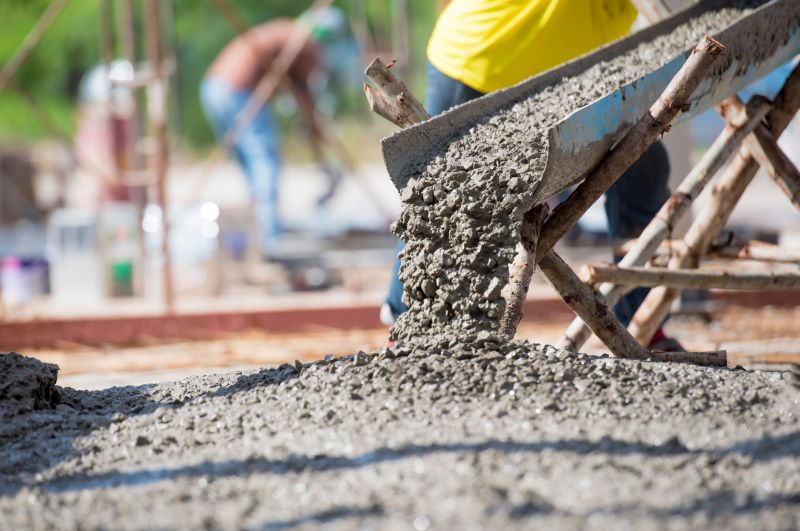
Ideal conditions for pouring concrete to ensure optimal curing.
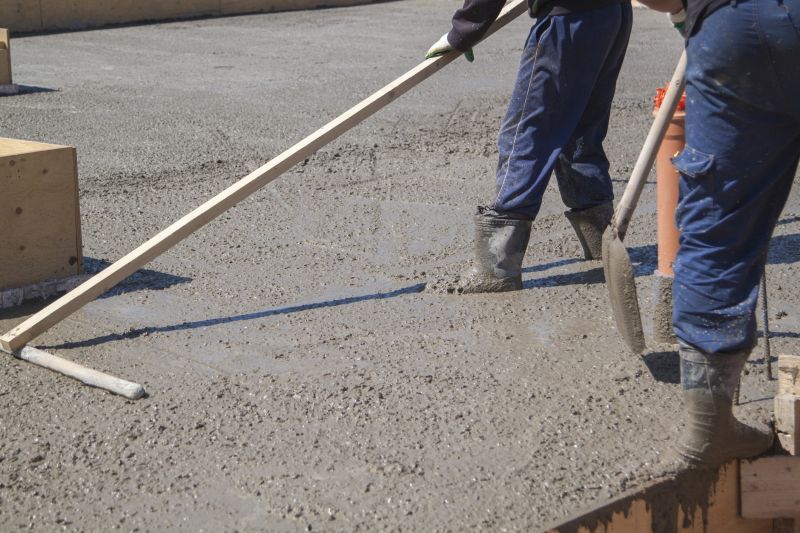
Using thermometers to track ambient and concrete temperatures during installation.
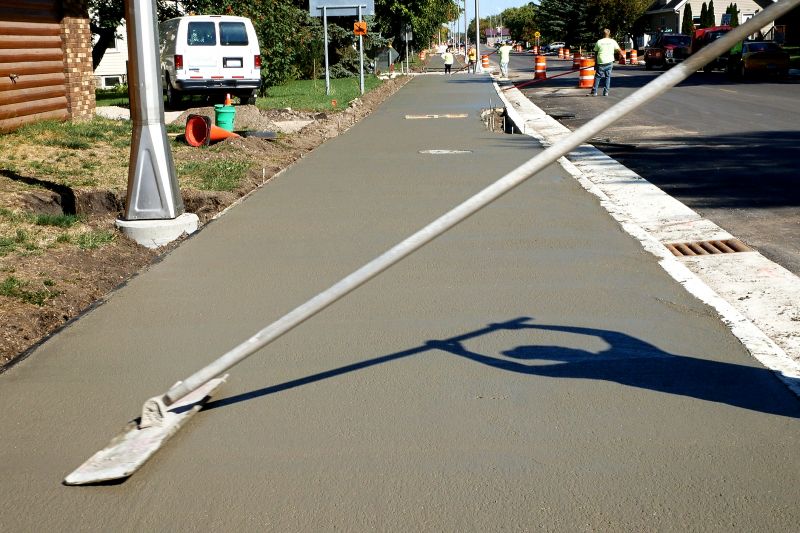
Scheduling projects in spring or fall for better weather conditions.
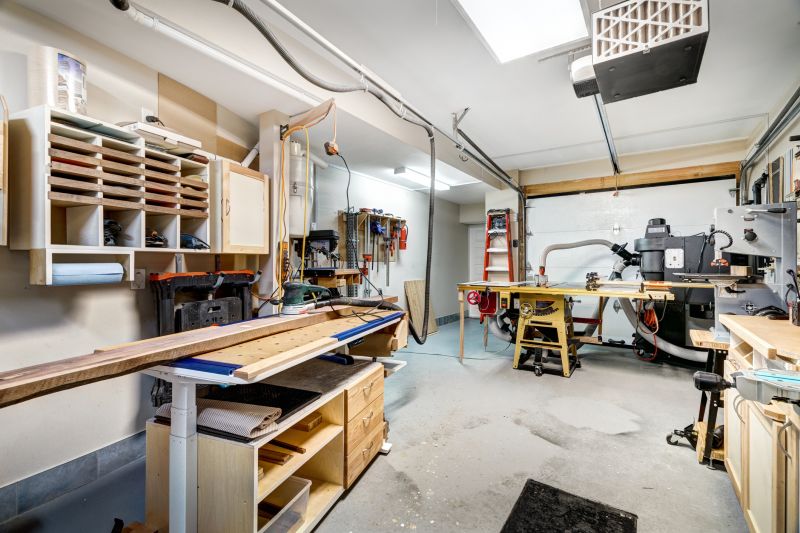
Ways to make Concretes work in tight or awkward layouts.
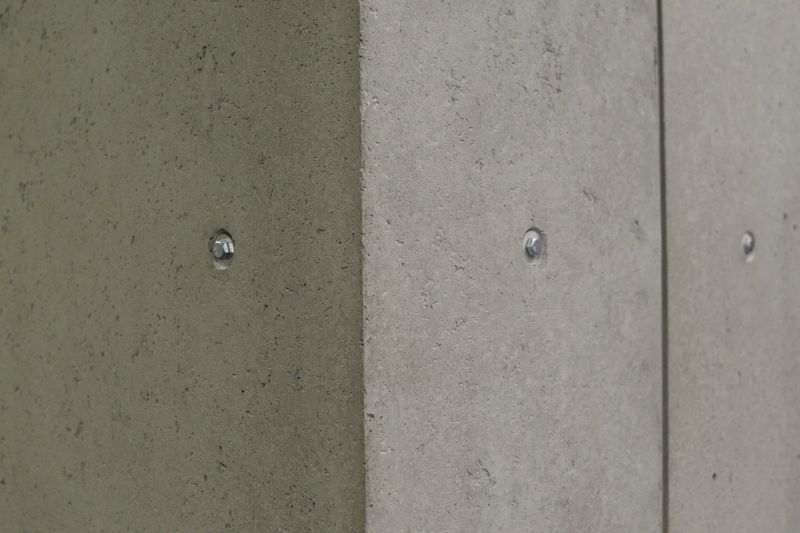
Popular materials for Concretes and why they hold up over time.
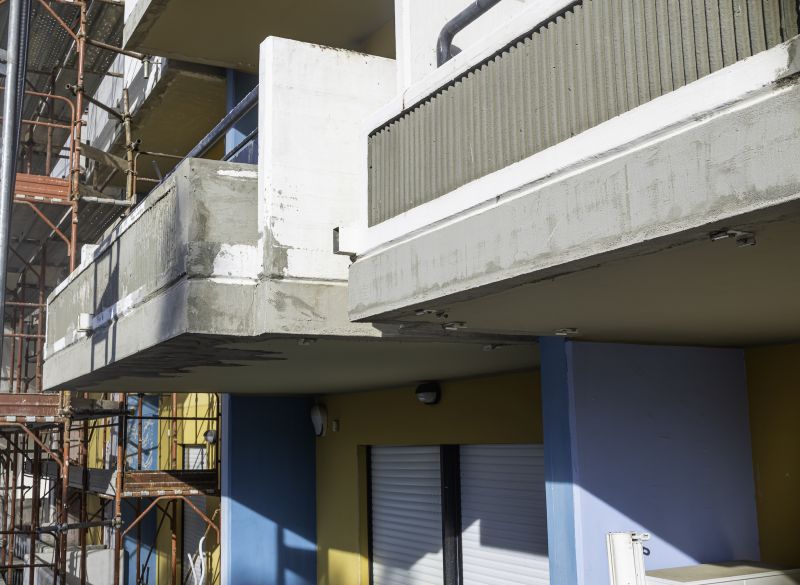
Simple add-ons that improve Concretes without blowing the budget.
| Season | Best Conditions |
|---|---|
| Spring | Moderate temperatures, lower humidity, minimal rain |
| Summer | Early morning or late evening, avoid peak heat |
| Fall | Cool temperatures, low precipitation |
| Winter | Not recommended unless heated or enclosed environments |
Timing plays a critical role in concrete performance. Proper scheduling based on weather forecasts and seasonal patterns can prevent issues such as cracking, delayed curing, and reduced strength. Concrete typically reaches its full strength after 28 days of curing, making the initial placement conditions vital for long-term durability.
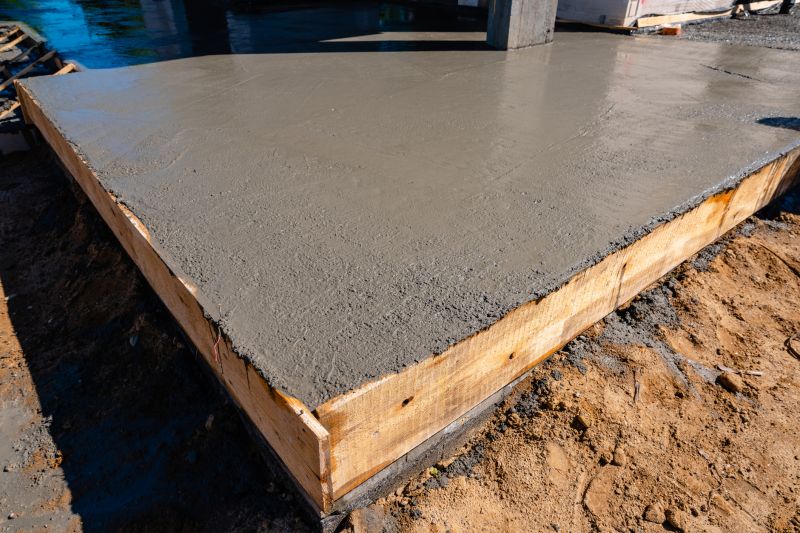
Proper curing methods support strength development.
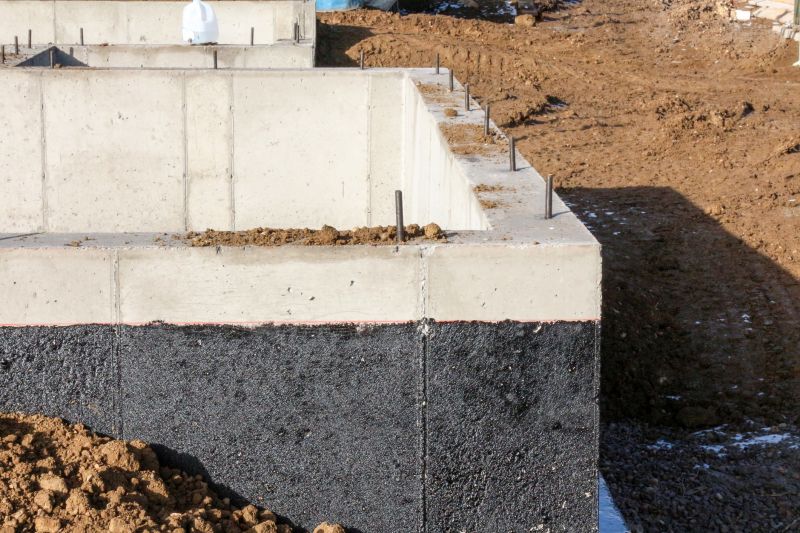
Using additives or protective coverings in adverse conditions.
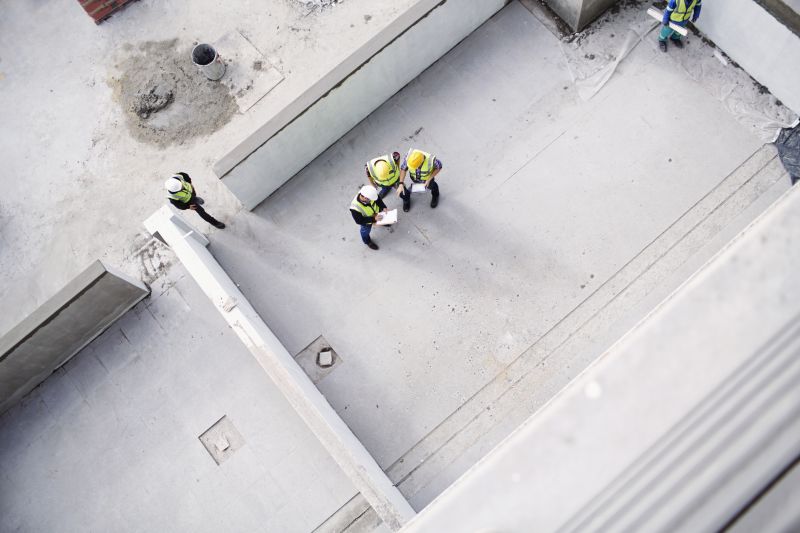
Optimal time for concrete projects due to favorable weather.
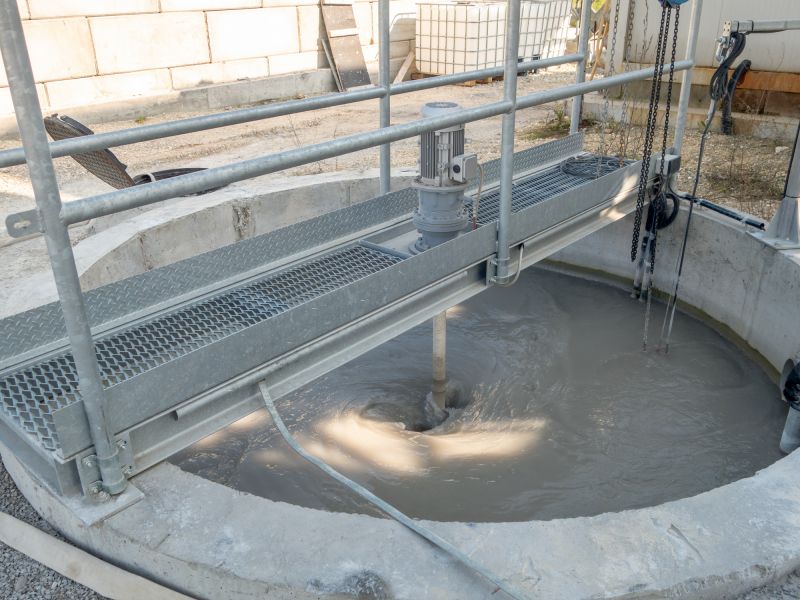
Heaters and insulated blankets for winter pours.

High-end options that actually feel worth it for Concretes.

Finishes and colors that play nicely with Concretes.
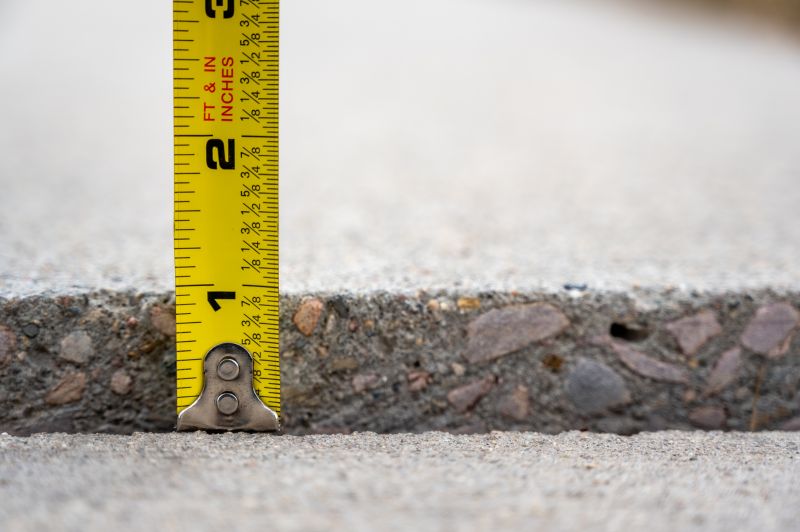
Little measurements that prevent headaches on Concretes day.
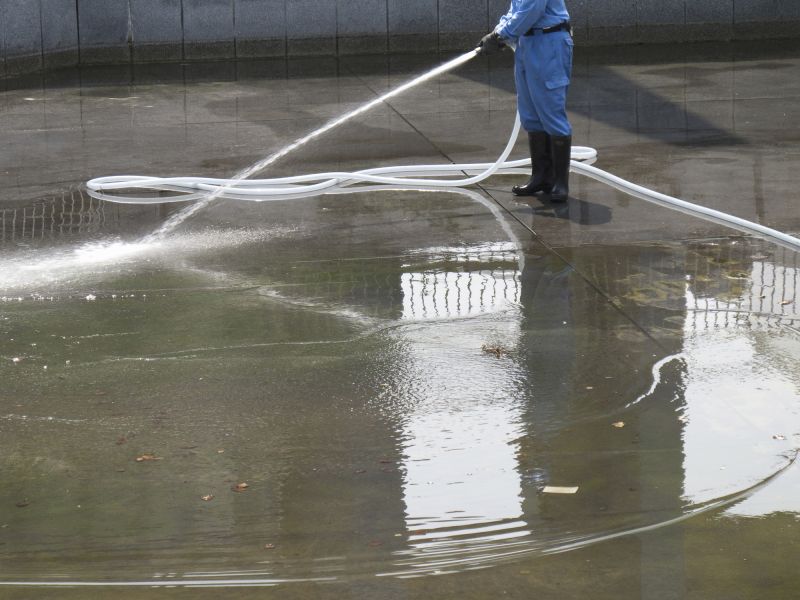
A 60-second routine that keeps Concretes looking new.
Understanding the ideal timing for concrete work can significantly influence project outcomes. Proper planning ensures the concrete cures correctly, achieves desired strength levels, and maintains structural integrity over time. Consulting weather forecasts and scheduling work during suitable periods minimizes risks associated with environmental factors.
Interested in scheduling concrete work at the optimal time? Fill out the contact form for assistance.
